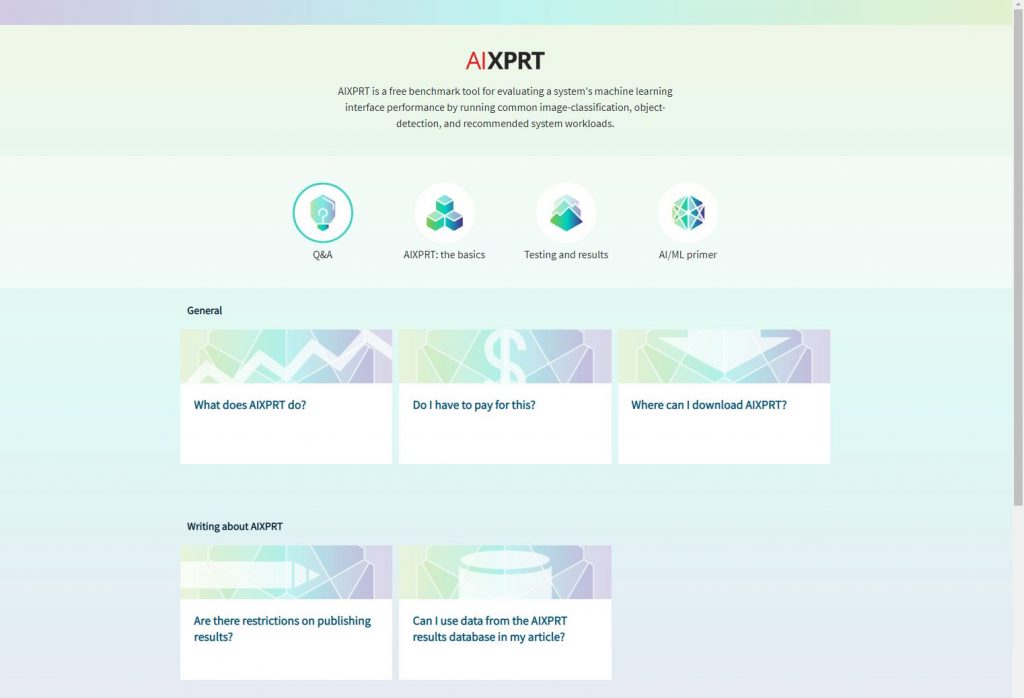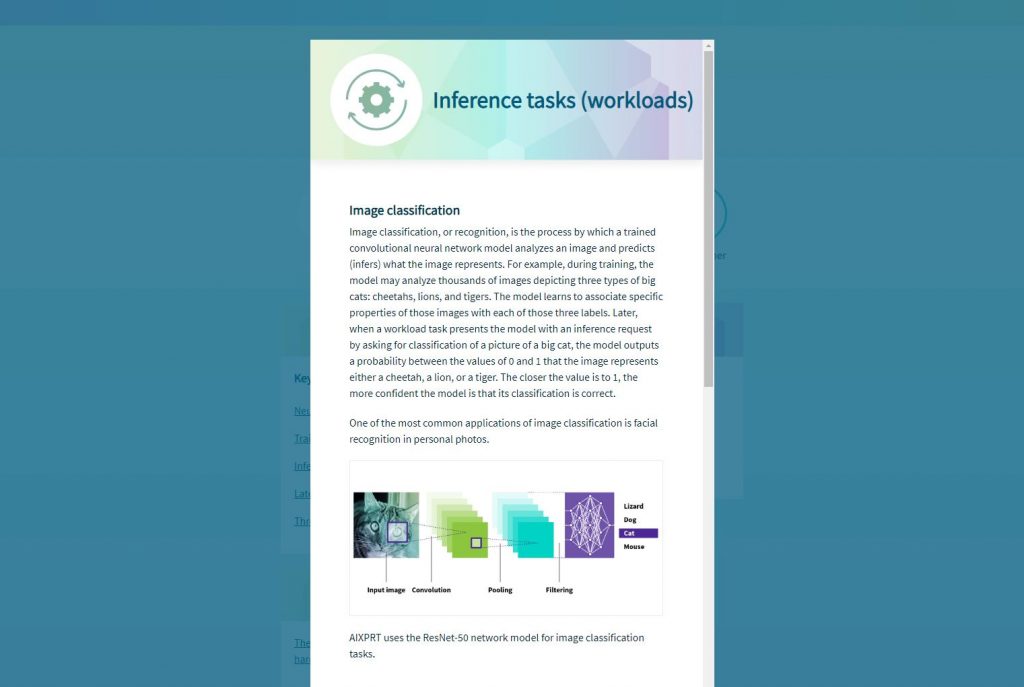As 2020 comes to a close, we want to take this opportunity to review another productive year for the XPRTs. Readers of our newsletter are familiar with the stats and updates we include each month, but for our blog readers who don’t receive the newsletter, we’ve compiled some highlights below.
Benchmarks
In the past year, we released CrXPRT 2 and updated MobileXPRT 3 for testing on
Android 11 phones. The biggest XPRT benchmark news was the release of CloudXPRT v1.0 and v1.01.
CloudXPRT, our newest benchmark, can
accurately measure the performance of cloud applications deployed on modern infrastructure-as-a-service
(IaaS) platforms, whether those platforms are paired with on-premises, private
cloud, or public cloud deployments.
XPRTs in the media
Journalists, advertisers, and analysts referenced the XPRTs thousands of times
in 2020, and it’s always rewarding to know that the XPRTs have proven to be
useful and reliable assessment tools for technology publications such as
AnandTech, ArsTechnica, Computer Base, Gizmodo, HardwareZone, Laptop Mag, Legit
Reviews, Notebookcheck, PCMag, PCWorld, Popular Science, TechPowerUp, Tom’s
Hardware, VentureBeat, and ZDNet.
Downloads and
confirmed runs
So far in 2020, we’ve had more than 24,200 benchmark downloads and 164,600
confirmed runs. Our most popular benchmark, WebXPRT, just passed 675,000 runs
since its debut in 2013! WebXPRT continues to be a go-to, industry-standard
performance benchmark for OEM labs, vendors, and leading tech press outlets around
the globe.
Media, publications,
and interactive tools
Part of our mission with the XPRTs is to produce materials that help testers
better understand the ins and outs of benchmarking in general and the XPRTs in particular. To help achieve this goal,
we’ve published the following in 2020:
- the What the XPRTs can do and Introduction to CloudXPRT videos
- a new XPRTs around the world infographic
- an interactive AIXPRT learning tool (with an interactive CloudXPRT learning tool on the way)
- the Introduction to AIXPRT, Introduction to CloudXPRT, and Overview of the CloudXPRT Web Microservices Workload white papers
We’re thankful for everyone who has used the XPRTs, joined the community, and sent questions and suggestions throughout 2020. This will be our last blog post of the year, but there’s much more to come in 2021. Stay tuned in early January for updates!
Justin














